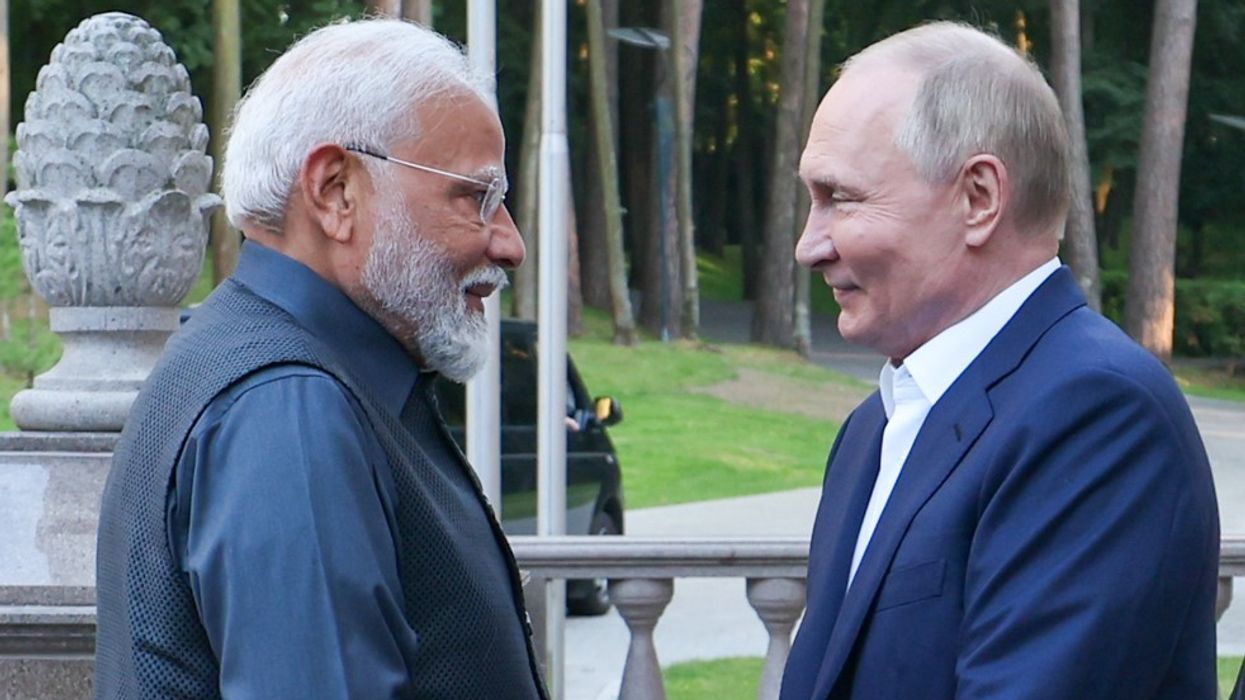A SENIOR aide to US president Donald Trump has accused India of funding Russia's war in Ukraine by continuing to buy oil from Moscow.
Stephen Miller, White House deputy chief of staff, said on Fox News' "Sunday Morning Futures," "What he (Trump) said very clearly is that it is not acceptable for India to continue financing this war by purchasing the oil from Russia."
Miller described India's oil imports from Russia as a major concern for the US.
"People will be shocked to learn that India is basically tied with China in purchasing Russian oil. That's an astonishing fact," he said.
The Indian Embassy in Washington did not immediately comment. Indian government sources told Reuters on Saturday that New Delhi will continue to buy oil from Moscow despite US threats.
A 25 per cent tariff on Indian products took effect on Friday over India's purchase of Russian military equipment and energy.
Trump has also warned of 100 per cent tariffs on US imports from countries buying Russian oil unless Russia reaches a peace deal with Ukraine.
Miller added that Trump has a "tremendous" relationship with Indian prime minister Narendra Modi.
(With inputs from Reuters)





